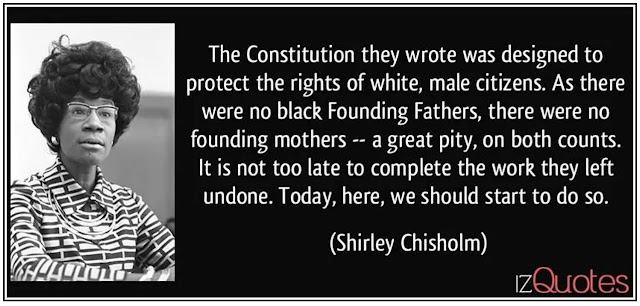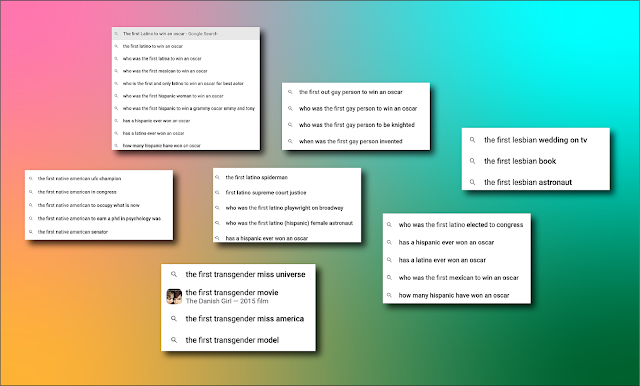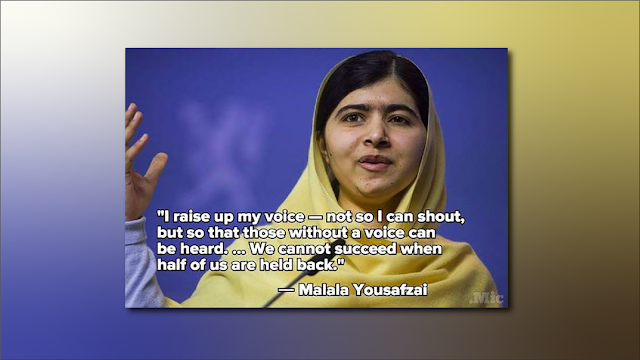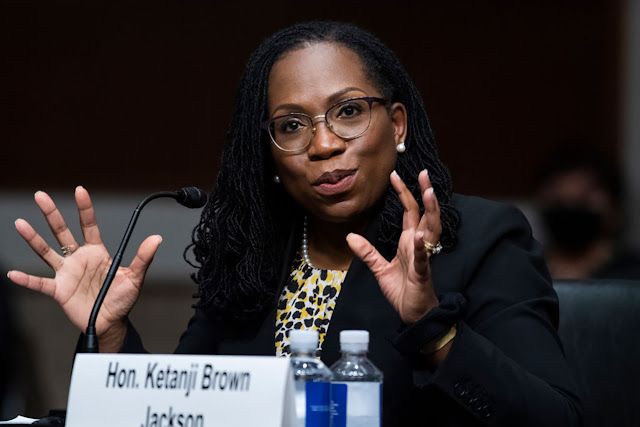By Jan S. Gephardt
I’ve lived long enough to realize that, in this century, “the first” is always bittersweet.
Certainly, “The First Ever!” is exciting. There’s a sense of breakthrough, a sense of entering a new frontier, a new future in which the possibilities expanded. I remember The First American Woman in Space (Sally Ride). The First Woman Supreme Court Justice (Sandra Day O’Connor). The First Black President of the United States (Barack Obama).
I was one of the three million more people who cast our votes for The First Woman President of the United States. (Instead of the authoritarian loser con-man the Electoral College gave us). But these are all “firsts” that I, personally, in my lifetime remember. What went wrong with all the hundreds and thousands of years before that?
How Many Lost Opportunities?
In the flush of triumph over a brand-new “The First!” there are always a few inconvenient people. These folks fail to bask in the joy of the moment or celebrate an exhilarating milestone. Instead, they scowl and ask irritably, “What the hell took us so long?”
I have become one of those people.
I am delighted to greet President Biden's nomination of Ketanji Brown Jackson to the Supreme Court with applause. From what I’ve been able to learn about her, she’s perfect for the job. Especially when compared with certain recent previous nominees (currently serving), she’s vastly overqualified.
But nobody’s going to convince me she’s The-First-Ever-In-All-Of-History Black woman with the wisdom, discernment, and gravitas to be a Supreme Court Justice. How many others have there been in history, who – if given the chance, the education, and the opportunity – could have served as well or better than the ones we’ve had?
!["So now the perception is, yes, women are here to stay. And when I'm sometimes asked when will there be enough [women on the Supreme Court]? And I say when there are nine, people are shocked. But there'd been nine men, and nobody's ever raised a question about that." - Ruth Bader Ginsburg](https://blogger.googleusercontent.com/img/a/AVvXsEgT5p7CZZAsYpTtwBpYL8rIn6fU_8V0V7XSknrKq8Y0U_1xY73maSCA1GZQeKKXyAbcBrrnAhTpioniWLQlTZ2TM7n0ehoNMQsd3H2vSQzSmfGKe-9spd-I4eHYQ6-eqbbrs9869EY1CTBfWDLKhzDcTgw3REFH-W4DugzuK9HayVWF3Z1o8hGtxdM5=w640-h302) |
| Nine female justices definitely would be an interesting reversal. (AZ Quotes). |
232 Years. 120 Justices, 115 of Them Male and 117 White
A person would have to suffer from a titanic case of bigotry and misogyny to look at that header and not see prejudice. How, in all those 232 years, could mostly only white men be suitable – if not for a society weighted down and drowning in racial and gender bias?
I remember being exhilarated by Hillary Clinton’s so-called “cookie gaffe” in 1992, when she was on the campaign trail with Bill. "I suppose I could have stayed home and baked cookies and had teas, but what I decided to do was to fulfill my profession, which I entered before my husband was in public life," she said. Perhaps she did offend some stay-at-home moms (defensive, much?). As for me, I wanted to stand up and cheer.
Not because I have anything in particular against teas, cookies, or stay-at-home moms. In 1985 I became a stay-at-home mom, and I was one when she said that in ‘92. No, it was because back then there were a lot of people who made no bones about wanting women to “stay in their proper place” (read that: at home, with no public role, ever). Most of the folks who exerted that pressure were white men. Quite possibly, that’s because most of the people who got to have a say about things in those days (has it really changed that much?) were white men. But it’s certain that they preferred it that way.
 |
| The work she wanted to start “today” was creating the Equal Rights Amendment. It still hasn’t been ratified today. (IZ Quotes). |
Lots of Oppression to Spread Around
During Women’s History Month, we often get a double-dose of “remember The First!” stories. They’re often couched as a courageous fight for equal rights, and they certainly were. If you doubt that, contemplate the life and struggles of Alice Paul, for just one example.
The stories of Women’s History Month, like the stories of just-ended Black History Month, are stories about struggles in the face of powerful oppression. This oppression has come from established societal norms and from laws. It has often been enforced with great brutality, against persons made helpless and defenseless by all the combined powers in the world around them.
But, especially in the case of women, the oppression often hasn’t been exerted by strangers or conquering foreigners. No, this pervasive oppression all too frequently has come from our own family members and our own intimate partners. The people with whom we’ve lived most closely and love dearly. They (and we, embedded in cultural norms) often haven’t even recognized it as oppression.
Perhaps our oppressors saw it as “protection.” Maybe they saw it as “sheltering.” They may even have seen it as “nurturing.” But “It’s for your own good” is the deepest cut of all, when you’re being held back, held down, and kept from achieving your full potential.
 |
| Here’s what “the Google test” turned up for these searches. (See credits below). |
Try the Google Test
While I was preparing this post, I tried “the Google test.” That’s where I type in the beginning of a phrase and see what the algorithm fills in. It offers a glimpse of some commonly-searched-for topics, including things trending lately. Which is probably why, when I typed in “The first Latinx . . .” so many answers came back about the Oscars. I’ll admit I was kind of astonished to find that my search for “The first Black . . .” turned up zero references to female Supreme Court nominees, although we did get Thurgood Marshall in there.
My beloved United States has come up with a lot of forms of oppression in its history. I shouldn’t be shocked. But I always am a bit more saddened, when I remember yet another category-label variation of “human” that my fellow countrypersons have found it agreeable to oppress.
 |
| More “Google tests” and more results. (See credits below). |
The First of Any Distinguished Category
I hope that by now I’ve clarified what I mean when I say that, in this century, “the first” is always bittersweet. Whenever there’s a “The First!” of any distinguished category, that means there has been a whole world of hurt, degradation, and missed opportunities in the past. Oppression of some kind has deprived us of untold brilliant individuals until this first one now.
They could have improved our lives, expanded our minds, and brought their own unique power and possibility into the larger world. But oppression strangled their voices. It smothered their options, and murdered their visions. Oppression, like war, is a destroyer. But while war is flashier and louder, oppression is more pervasive. Like a miasma, it spreads everywhere and relentlessly kills the light.
When we live to see a “The First!” we do see a moment of hope, but it perhaps shines brighter because it shines out against a deep history of darkness, evil, and oppression. Every triumphant “The First!” is a marker that says, “oppression lingers here.” It’s bittersweet because it took so long and cost so much. And because we know that it’s not a “streak” yet. It might prove to be a solitary exception that the powers of oppression could turn into a token and use against further progress.
But we’ll take it, all the same. Because every “The First!” story is far, far better than the all-too-great multitude of “Never Yet in This World” laments.
 |
| Misogyny is very far from only being isolated to the United States. Here, at least educating girls isn’t controversial! (See credits below). |
IMAGE CREDITS
Many thanks to Ohio Capital Journal, photographer Tom Williams-Pool and Getty Images, for the photo of the Honorable Ketanji Brown Jackson at a previous confirmation hearing. We’re grateful to AZ Quotes for the quote-image from Ruth Bader Ginsburg, and to IZ Quotes, for the quote from Shirley Chisholm.
We also must appreciate Google’s search engine for all the screen-captured search results. Jan S. Gephardt assembled and designed the montages. Finally, the quote from Malala Yousafzai comes courtesy of MIC Network, via Artdog Adventures. It was the “Artdog Quote of the Week” on March 5, 2018. Many thanks to all!

No comments:
Post a Comment